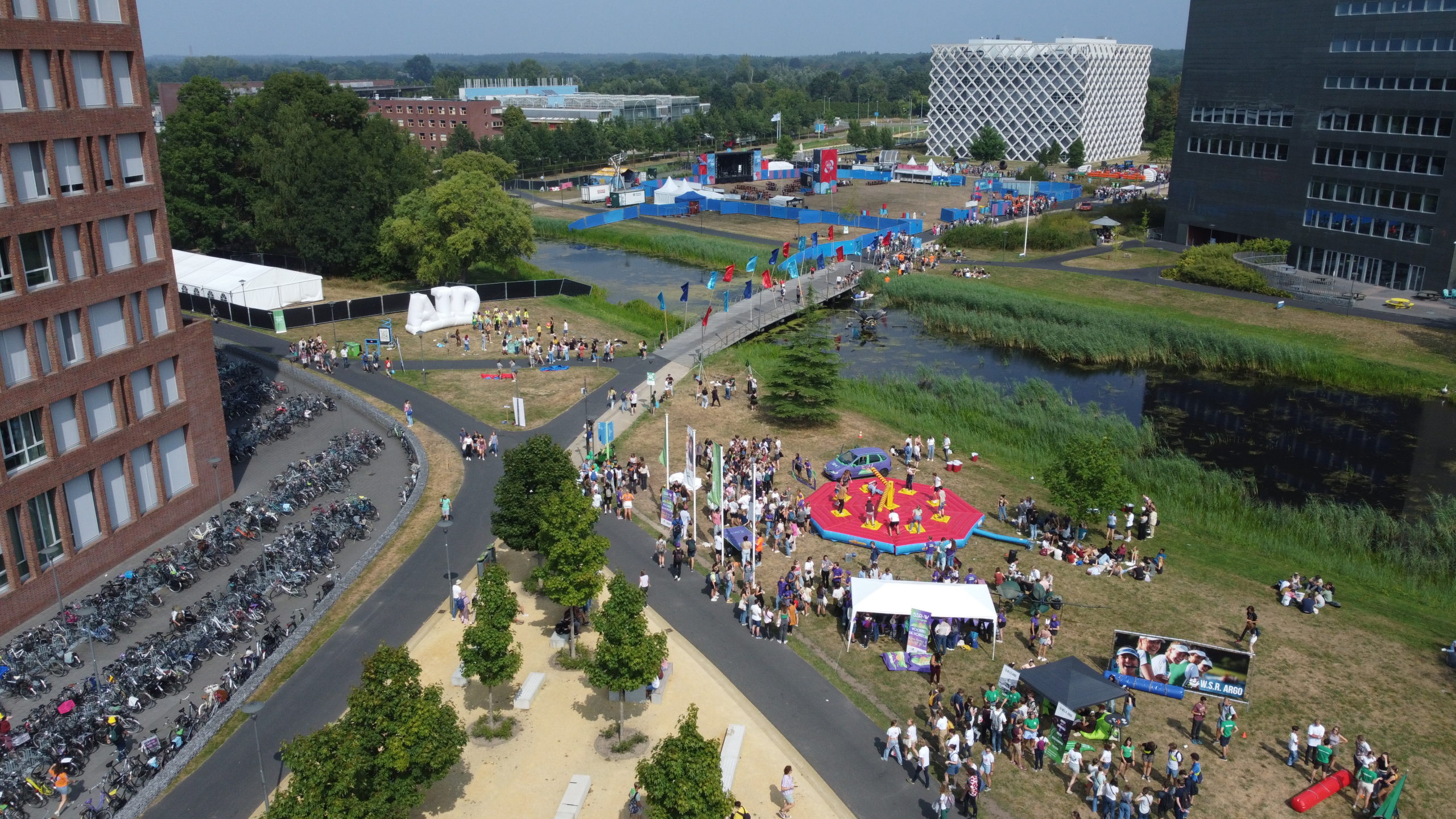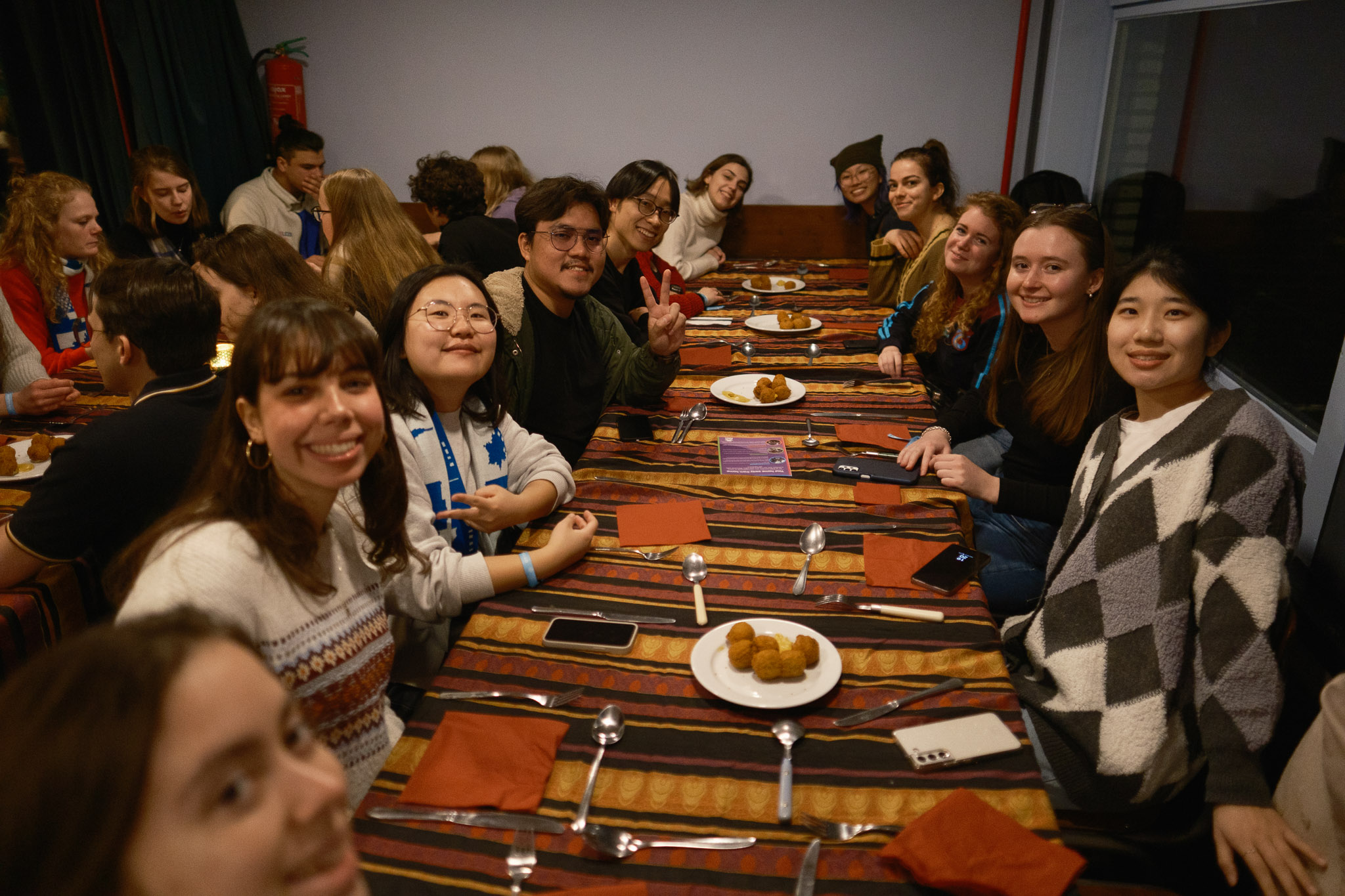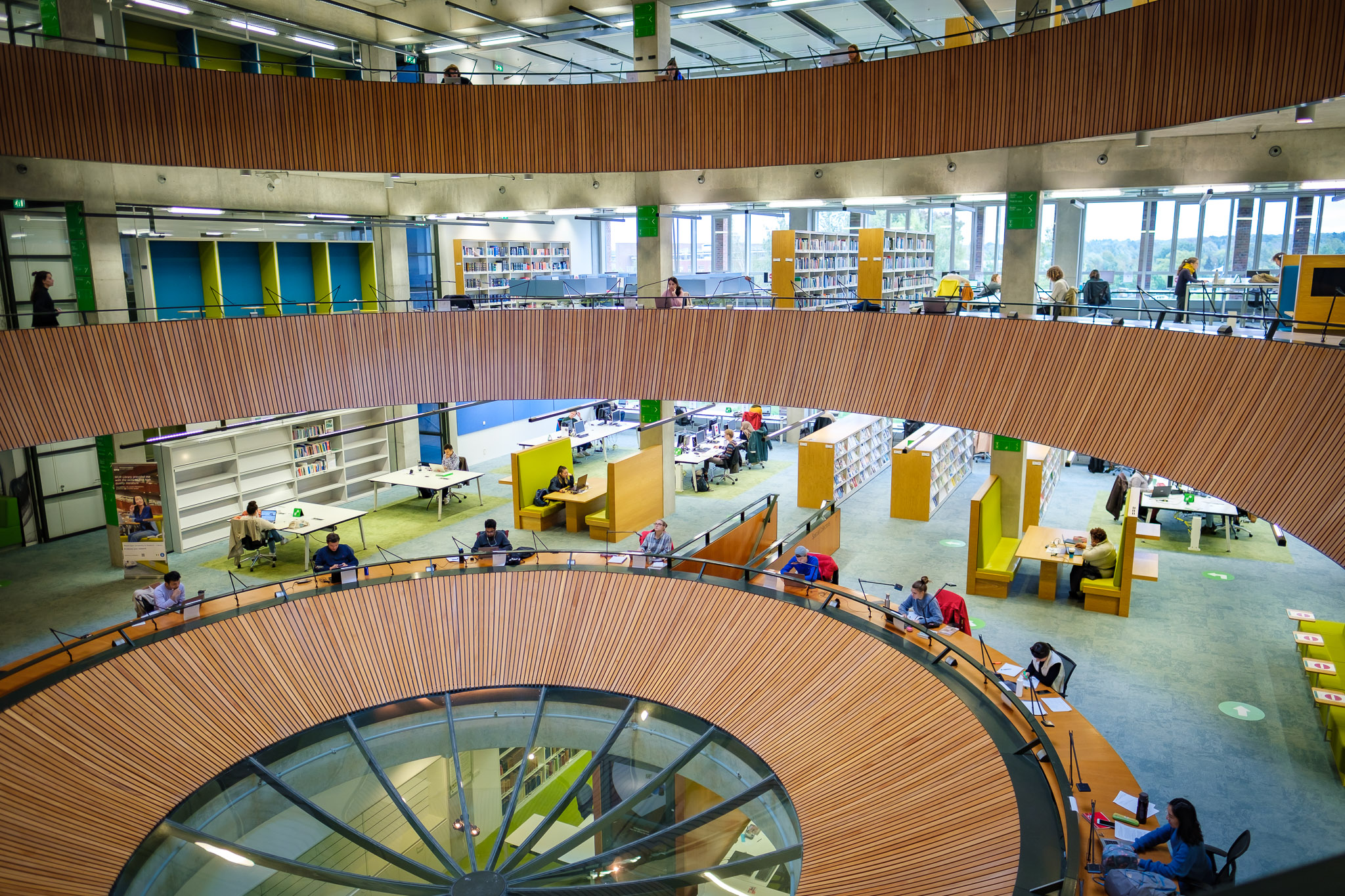The international student stronghold Wageningen is to ‘cease actively recruiting’ international students, de Gelderlander recently published in a headline. Some students wonder if they are no longer welcome.
Dean of Education Arnold Bregt admits he did not expect the outrage the news in de Gelderlander provoked. Or rather, that the national debate on active recruitment of international students would also spark discussions on campus. Rector magnificus Arthur Mol also views the increasing unrest amongst international students with disquiet.
What happened? Did something go wrong? Mid-February, WUR heeded education minister Dijkgraaf’s call to temporarily suspend the active recruitment of international students to somewhat relieve the pressure on teaching staff, housing and learning facilities. This plea resulted from pressure from the House of Representatives, which has concerns over the growing numbers of international students in the Netherlands. The minister asked universities to practice restraint in presenting themselves at large-scale recruiting events. All universities heeded the call. Mol: ‘We agreed to this request, partially because our strategy is to barely recruit at education fairs. Still, we will continue to provide individual students with information, and we will continue our online open days for international students. In that respect, the news article was incorrect.’
Wageningen is not Amsterdam, which saw the number of international students increase from a few hundred to 8000 within a couple of years
Rector magnificus Arthur Mol
Still, international students in Wageningen are uneasy. Are we still welcome? Bregt and Mol state that the ratio of international to Dutch students has remained the same for decades and is balanced: between 20 and 25 per cent international students (currently 23 per cent). Bregt: ‘Internationals are always welcome. Without large-scale recruitment, approximately one-quarter of new enrolments are international each year, primarily in the masters’ programmes. This is also reflected in the number of Dutch-spoken bachelor programmes: the highest percentage of all Dutch universities. The masters are all in English.’ WUR monitors the balance annually, says Bregt. ‘We aim to have at least 25 per cent international students with varying nationalities in our international classrooms. I taught a master’s with many nationalities for quite a number of years. An enrichment for us all.’
Nuance
So, was it not smart of WUR to say: we will also cease? And, how bad would it be to form the exception? Mol: ‘it is complicated. If you are the only institute to refuse, a different kind of discussion emerges. At the time, I felt that was a discussion we shouldn’t be having. It is better to maintain calm and await the political discussion and await the minister’s letter while we discuss the situation in Wageningen with representatives in the House. We made a factsheet that includes the fact that we have only 7 per cent of international students in the bachelor. Do you think that’s a lot, I asked. The answer was no. We explained that the housing shortage here cannot be compared to that in the larger cities. Wageningen is not Amsterdam, which saw the number of international students increase from a few hundred to 8000 within a couple of years.’
Bregt: ‘Such nuance is lost in the debate. The Netherlands has a large influx of international gamma-students -psychology and economics- in the bachelor programmes. At the same time, there is no discussion about the need for international students in the Wageningen master’s programmes focusing on biodiversity, climate, and food safety and security at a global level. It is part of our profile, it benefits the Netherlands, and it is essential for the world that these international Wageningen experts are educated. We also aim to teach students from Asia and Africa to ensure that our knowledge can be deployed in these regions. Wageningen has a stable student population, also in terms of the ratio of European and non-European students.’
There is no discussion about the need for international master’s students in Wageningen
Dean of Education Arnold Bregt
‘The news that we too were to cease recruiting has drawn a lot of attention’, Bregt continues. ‘Ceasing large-scale recruitment activities does not impact us, nor our international students. It was a show of good faith for the minister. There is no problem in Wageningen. Not in terms of housing, not in terms of funding and accessibility. We do not have a numerus clausus.’
Lobbies
There is a misunderstanding that Bregt heard in the lobbies. ‘It is not new and is unrelated to this issue that we raised the bar for English proficiency in admittance to WU. This also applies to the rule that students who have not followed education in English in their home country must take a test to prove they meet the criteria. This has really relieved some of the pressure on the teaching staff. We have also screened students’ ability to finance their studies for years. If not, students can apply for funds from the Anne van den Ban Fund and our African Scholarship programmes. But none of this has anything to do with “not being welcome”. This is about the quality of our education. We don’t have a selection, but we have an admittance policy. We have no choice; there are over 15,000 international applications each year.’

 Photo Guy Ackermans
Photo Guy Ackermans 

